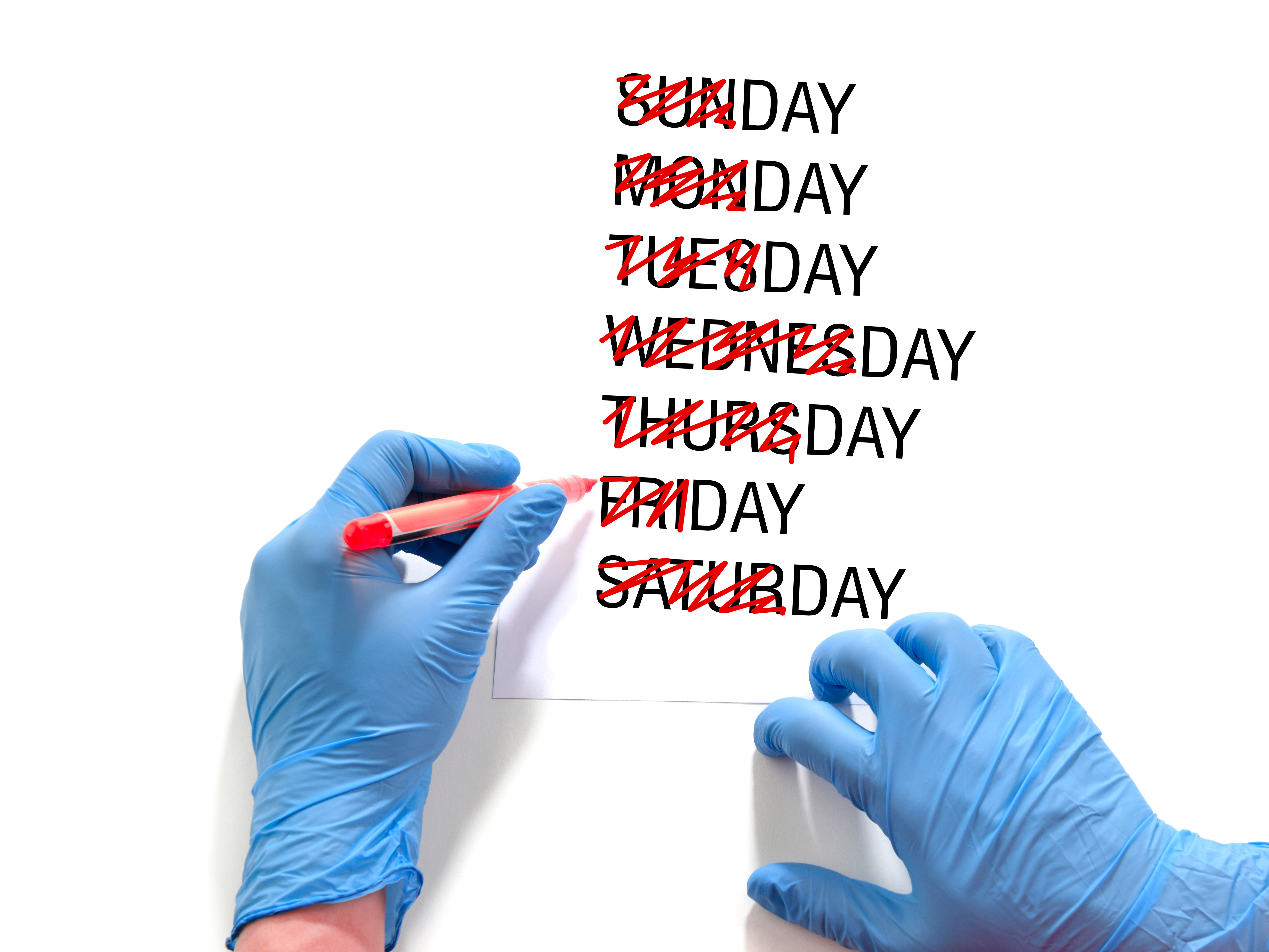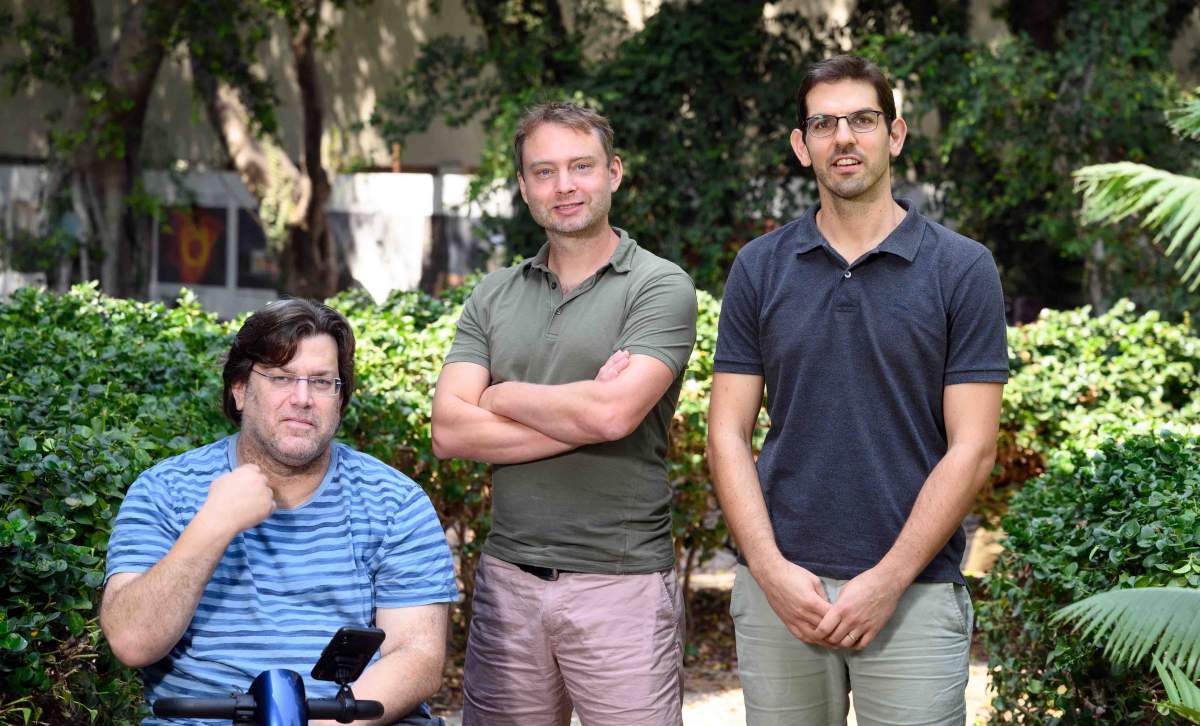Without the usual milestones and signposts, “pandemic time” feels both very slow and very fast. Why?

We have all experienced a warped sense of time during these Groundhog Blursdays of the pandemic – but why?
Some reasons are obvious. We have lost our guideposts, and events that occurred like clockwork – holidays, birthdays – have largely been cancelled. Seasons and school days aren’t well-defined. Weekends – what’s the diff?
And if you are fortunate enough to work remotely, you no longer have the adjustment period of a commute; going straight from bed to the kitchen coffeemaker to one’s makeshift office is simply not the same. Our environment, clothing, and habits are unchanging.
(It’s good for the economy, though. Without a hard beginning and end to the workday, we are putting in more time: nearly an hour per day.)
As The New York Times put it, “You’re not alone if you feel that 2020, perhaps the most dramatic and memorable year of our lifetimes … seems shuffled and disordered, like a giant blur,” adding: “That’s the paradox of 2020, or one of them: A year so momentous also feels, in a way, as if nothing happened at all.”
While it’s nice to know that we’re in good company, it is also nice to know that we are not (totally) losing it: There are physiological causes. Without the usual markers, “the brain has a harder time processing and cataloging memories,” the Times article says, “and the stress of the year itself can shift how our brains experience time.”
One factor influencing our experience of time is our circadian clock (actually, clocks; each cell in our body has one, though there is a master clock in the brain). As the Weizmann Institute’s Gad Asher tells us, “Every aspect of our physiology and metabolism is dictated by the circadian clock.”
Rony Paz and lab members Ido Toren and Kristoffer Aberg – all at the Institute – recently shed light on why time is so subjective, why it flies when you’re having fun but that pot just will not boil, despite your watching. As Quanta Magazine says, the Weizmann scientists “found evidence for a long-suspected connection between time perception and the mechanism that helps us learn through rewards and punishments.” That connection is between dopamine – a neurotransmitter that can impact our sense of time – and reinforcement learning.

Circadian clocks speed up when more dopamine is present, leading to an overestimation of how much time has passed. The Quanta article points out that people in certain states, such as those on stimulants or with neurological disorders like Parkinson’s, undergo changes in dopamine – thus altering both their perception of time and their learning processes.
Want to evaluate your perception of time? This self-test by Reuters is similar to that used in the Weizmann study.
The good news is, you can take (some) control. The advice we’ve heard ad nauseam may cause weary sighs, but is spot on: Stay on a schedule. Turn off devices at a set time. Eat, exercise, and sleep well. Lower your stress (gee, why didn’t I think of that?). Science shows how crucial such behaviors are; e.g., Asher found that biological processes follow a set timetable, with levels of activity rising and falling throughout the day.
These rhythms are driven by our circadian clocks, and disrupting this timing system can cause imbalances that lead not just to stress, fatigue, and a skewed sense of time, but diseases like obesity, metabolic syndrome, and fatty liver. Exercise, sufficient sleep, and all that good stuff also help balance dopamine levels.
Most of all, though, don’t beat yourself up if you didn’t do it perfectly today. As the lady said, “Tomorrow is another day.”

